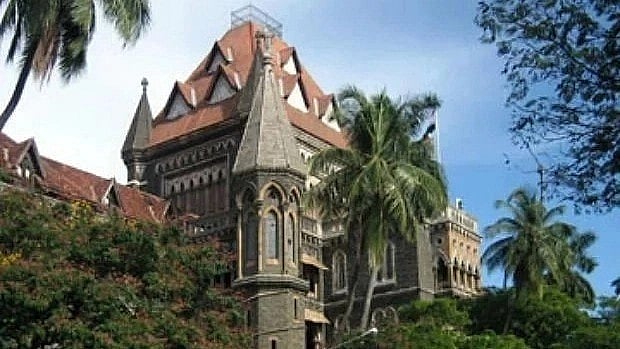**Mumbai: Bombay High Court Orders Transfer of Defamation Suits Filed by Sanatan Sanstha Against Hamid Dabholkar and Journalists from Goa to Maharashtra**
The Bombay High Court has directed the transfer of multiple defamation suits filed by the right-wing group Sanatan Sanstha against Hamid Dabholkar, son of the late rationalist Dr. Narendra Dabholkar, and several journalists. These cases, originally heard in Goa, will now be moved to Maharashtra following the court’s observations that the petitioners’ apprehensions regarding their safety appear “reasonable and genuine.”
### Background of the Defamation Suits
Sanatan Sanstha, headquartered in Ponda, Goa, had filed several defamation suits in 2017 and 2018 against Hamid Dabholkar and various journalists. The organization alleged that the accused had made or published false and defamatory statements that damaged its reputation. Until now, these cases were being adjudicated by the court in Ponda, Goa.
### Petitioners Seek Transfer Citing Safety Concerns
Hamid Dabholkar and the journalists petitioned the Bombay High Court to transfer the proceedings outside Goa, expressing fears for their personal safety if the trials continued within Sanstha’s stronghold. They referenced the assassinations of Dr. Narendra Dabholkar, activist Govind Pansare, scholar M.M. Kalburgi, and journalist Gauri Lankesh—all outspoken critics of the group—arguing that they too could face similar threats.
### High Court Recognizes Threat and Orders Transfer
Justice Jamadar, hearing the matter, accepted the petitioners’ concerns. He stated, “If the animosity bordering on enmity between the Sanatan Sanstha and the applicants is considered, then the apprehension raised by the petitioners in their pleas are reasonable and genuine.” The judge added that “the command of dictate of justice would be better saved if the suits are transferred from the court at Goa to a court in Maharashtra.”
### Defamation Suits to be Heard in Kolhapur
Consequently, the court ordered the transfer of these defamation suits to a court in Kolhapur, Maharashtra, “in the interest of justice.” However, at Sanatan Sanstha’s request, the High Court stayed the operation of its order for six weeks.
### Court Refers to Dabholkar Murder Trial Findings
In support of its ruling, the court referred to the findings from the 2013 murder trial of Dr. Narendra Dabholkar. The Pune sessions court had convicted two individuals for their involvement in the killing and noted that Sanatan Sanstha and affiliated groups had strongly opposed Dabholkar’s anti-superstition campaigns. Prosecution witnesses also established connections between the accused and the Sanstha.
### Applicants’ Vulnerability Highlighted
Justice Jamadar emphasized that the sessions court had found “reliable evidence” of Sanatan Sanstha’s opposition to Dabholkar. He further noted that even the Central Bureau of Investigation (CBI) had been unable to identify the mastermind behind the assassination. “These findings of the sessions court appear sufficient to instill a sense of fear in the minds of the applicants,” the judge remarked.
### Historical Murders Lend Gravity to Safety Concerns
The court underscored that Hamid Dabholkar, having testified as a prosecution witness in the Dabholkar trial and continuing to criticize the Sanstha’s ideology, remains particularly vulnerable. Additionally, the judge highlighted the murders of Govind Pansare (February 2015), M.M. Kalburgi (August 2015), and Gauri Lankesh (September 2017)—all critics of similar ideologies—as factors that “lend gravity to the situation.”
**[End of Article]**
https://www.freepressjournal.in/mumbai/bombay-hc-transfers-sanatan-sansthas-defamation-suits-against-narendra-dabholkars-son-journalists-from-goa-to-kolhapur
